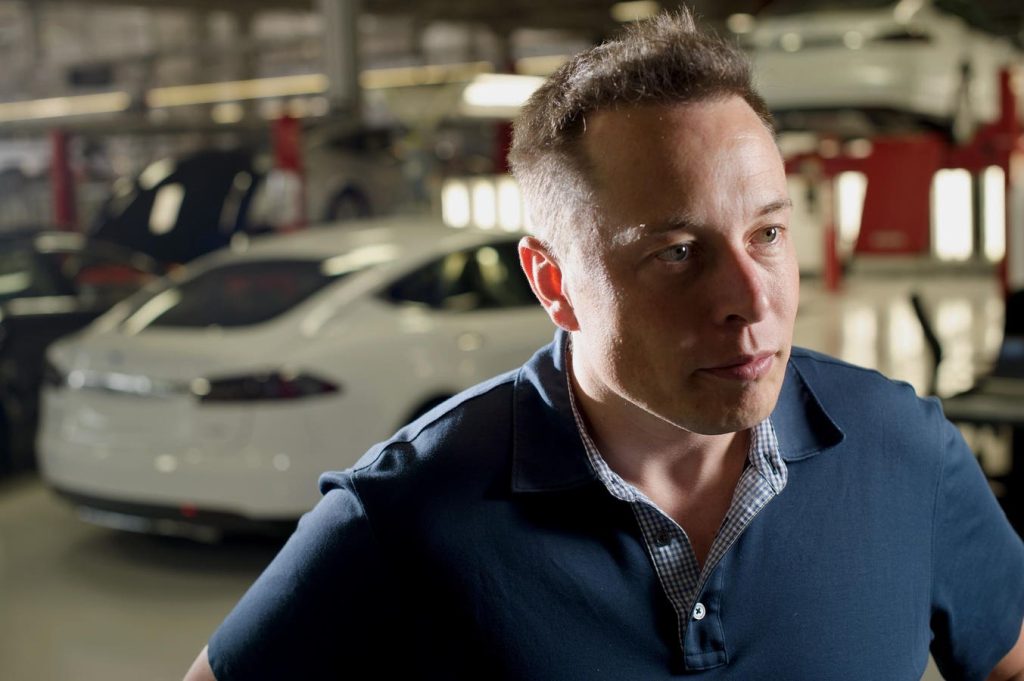Elon Musk’s Scorched Earth Policy: From California Beneficiary to Critic Amidst Wildfires
The devastating wildfires that ravaged Los Angeles last week ignited not only homes but also a firestorm of controversy fueled by Elon Musk’s incendiary rhetoric on his social media platform X. As the city battled the infernos, Musk launched a barrage of attacks against California’s Democratic leadership, accusing the fire department of prioritizing diversity, equity, and inclusion (DEI) over saving lives and property. He further escalated his offensive by deriding Governor Gavin Newsom and Mayor Karen Bass, labeling them with derogatory terms and accusing them of incompetence. Musk’s relentless tweeting also amplified unsubstantiated claims of looting by undocumented immigrants, prompting accusations of misinformation and fearmongering from Newsom. This public feud stands in stark contrast to Musk’s decades-long history in California, where he built his business empire and benefited significantly from the state’s policies.
Musk’s relationship with California, once symbiotic, has soured dramatically since the onset of the COVID-19 pandemic. For years, Musk thrived in the Golden State, founding companies like Tesla and SpaceX, generating substantial economic activity, and employing thousands of Californians. In return, he leveraged the state’s robust venture capital ecosystem, highly skilled workforce, and progressive environmental policies. California’s pro-green regulations played a pivotal role in Tesla’s ascent, providing the company with over $3 billion in subsidies and tax incentives. This mutually beneficial arrangement crumbled when California imposed shelter-in-place orders in 2020, impacting Tesla’s Fremont factory operations. Musk vehemently opposed the restrictions, labeling them "fascist" and defying state orders by reopening the plant. This public clash marked a turning point in his relationship with California’s leadership.
The pandemic-induced discord ultimately led to Musk’s exodus from California. In 2021, he relocated Tesla’s headquarters to Austin, Texas, and subsequently moved his personal residence as well. Last year, he further solidified his departure by shifting the headquarters of both X (formerly Twitter) and SpaceX to Texas. Musk attributed these moves to various factors, including a California law regarding parental notification of a child’s gender identification change, a topic deeply personal to him given his estranged relationship with his transgender daughter. This cross-country relocation underscores the profound shift in Musk’s relationship with California, transitioning from a state he once championed to one he now frequently criticizes.
Governor Newsom has countered Musk’s narrative, asserting that Tesla’s existence is intrinsically linked to California’s regulatory framework and support. Newsom’s office has detailed over $3.2 billion in direct and indirect subsidies Tesla received from the state, including zero-emission credits sold to other automakers and tax rebates for Tesla buyers. These credits, a key component of California’s environmental policies, were instrumental in Tesla’s early financial success, generating nearly $2.5 billion in revenue for the company. Mary Nichols, former Chair of the California Air Resources Board, the agency responsible for the zero-emissions credit scheme, highlighted Musk’s past advocacy for stronger environmental mandates, contrasting it with his current opposition to government regulation. California’s Clean Vehicle Rebate Project, which offered cash rebates to electric car buyers, further bolstered Tesla’s market dominance in the state.
Musk’s entrepreneurial journey began in California. His first two companies, Zip2 and X.com (which later merged with PayPal), were founded and flourished in Palo Alto. Subsequently, he relocated to Los Angeles to establish SpaceX, recognizing Southern California as a hub for aerospace engineering talent. Musk’s investment in Tesla, headquartered in San Carlos, further cemented his ties to the state. His frequent travels between Los Angeles and the Bay Area demonstrate his deep engagement with California’s tech and aerospace industries. This long history of building businesses and benefiting from California’s resources makes his recent attacks all the more striking.
Musk’s current stance on California wildfires stands in stark contrast to his past responses to similar disasters. During previous wildfire outbreaks in 2018 and 2019, he offered Tesla’s assistance to affected communities. This shift in attitude underscores the evolution of his relationship with the state, from a collaborative partner to a vocal critic. While Musk continues to publicize Tesla’s deployment of Cybertrucks in the affected areas, offering WiFi and supplies, his pronouncements are now intertwined with his broader political commentary and critiques of media outlets. His support for Germany’s far-right party and criticisms of NPR further illustrate his increasingly complex and controversial public persona. The wildfires, while a tragedy for California, have become another platform for Musk to air his grievances and promote his evolving political views, marking a significant departure from his earlier, more conciliatory engagement with the state.


